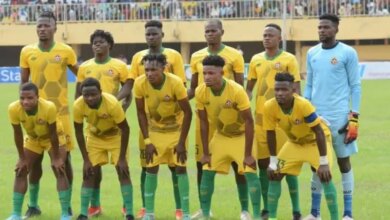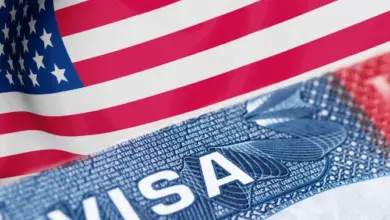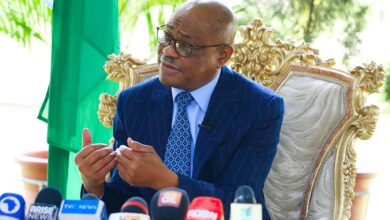Bangladesh opens murder trial of key student protester
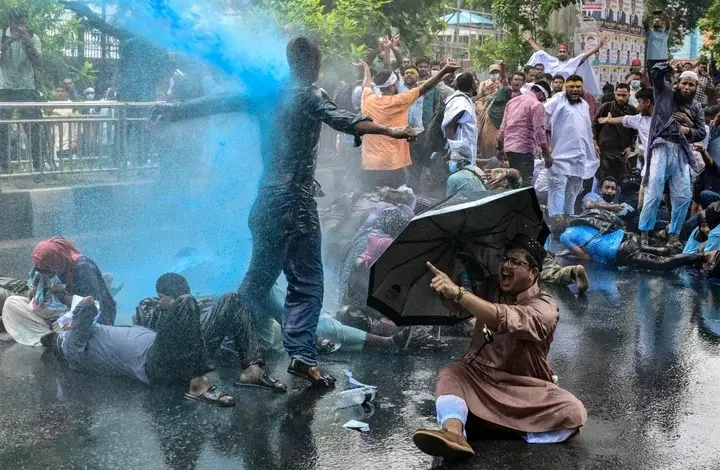
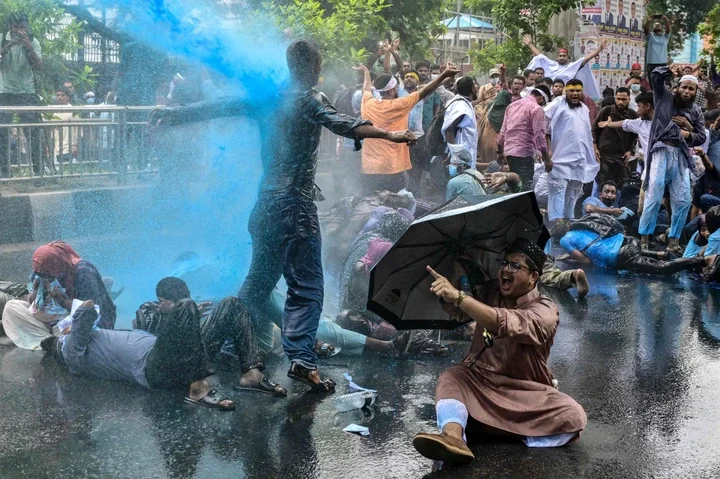
Bangladesh opened on Monday the murder trial of student protester Abu Sayeed, whose killing last year escalated demonstrations nationwide that ultimately ousted then prime minister Sheikh Hasina.
Sayeed died aged 23 in the northern city of Rangpur, the first student demonstrator killed in the police crackdown on protests.
Footage of his last moments on July 16, 2024 – standing with his arms outstretched before he was shot at close range – was shown repeatedly on Bangladeshi television after Hasina’s downfall.
Prosecutors at Bangladesh’s war crimes tribunal have charged 30 people in connection with the killing.
Only four are in custody – two police officers, a university official and a student leader – with arrest warrants issued for the remaining 26.
Up to 1,400 people were killed between July and August last year, according to the United Nations, when Hasina’s government ordered a crackdown in a failed bid to cling to power.
Chief prosecutor Mohammad Tajul Islam said the court had accepted the formal charges, marking the opening of the trial.
“We have stated that Sheikh Hasina ordered the then interior minister to use lethal weapons; the inspector general of police at the time carried out the instruction, and the forces on the ground, under senior police officers, executed the order,” Islam told journalists.
“Senior members of the university administration actively participated in quashing the protest.”
They include the former vice-chancellor of Begum Rokeya University (BRUR), Hasibur Rashid.
The opening of the Sayeed murder trial comes a day before the first anniversary of students launching their protests.
Initially demanding reforms to a quota system for public sector jobs, the demonstrations widened to include more general grievances against Hasina’s government.
In an unrelated development, Bangladesh’s biggest port resumed operations on Monday after customs officials called off a strike that had disrupted the export and import of goods for around 48 hours. Sehela Siddiqa, Joint Tax Commissioner and secretary of the NBR Reform Unity Council – a platform of protesting workers – confirmed the resumption of activities at Chittagong and all other ports.
“The ports are now fully functional and operating across the country,” Siddiqa told AFP. “All employees have returned to work.”
A section of employees at the National Board of Revenue (NBR), the country’s tax collection authority, has been protesting for over a month against a move by the interim government to reform the agency.


